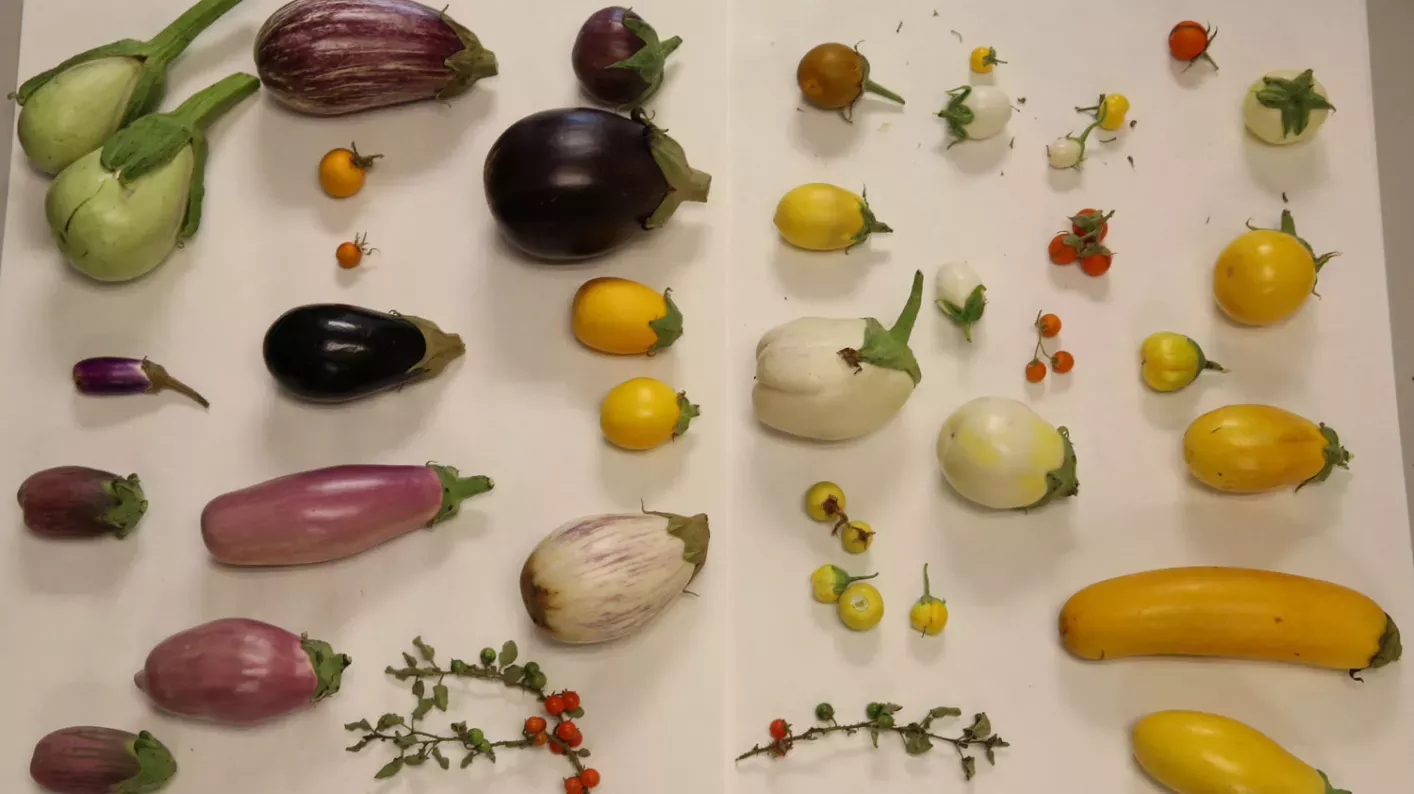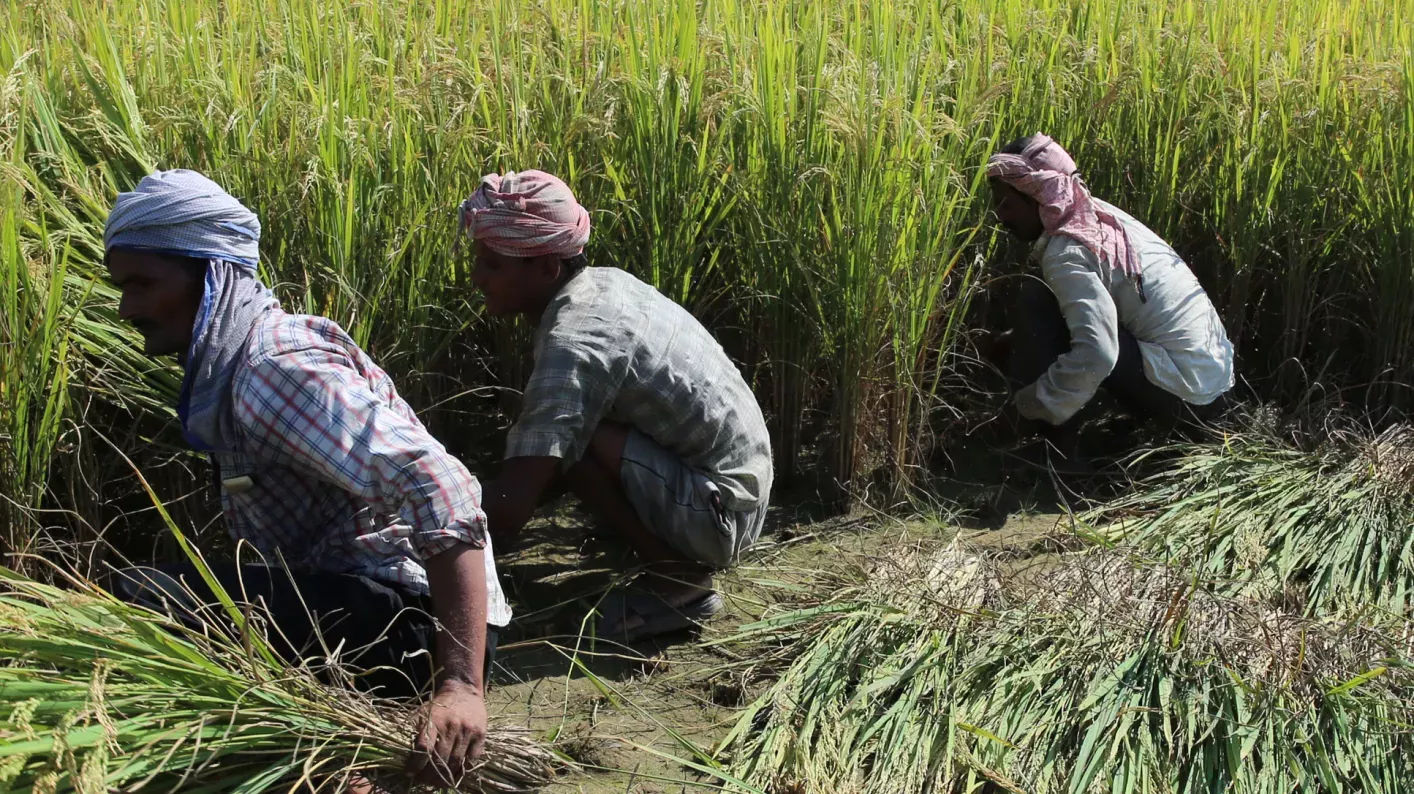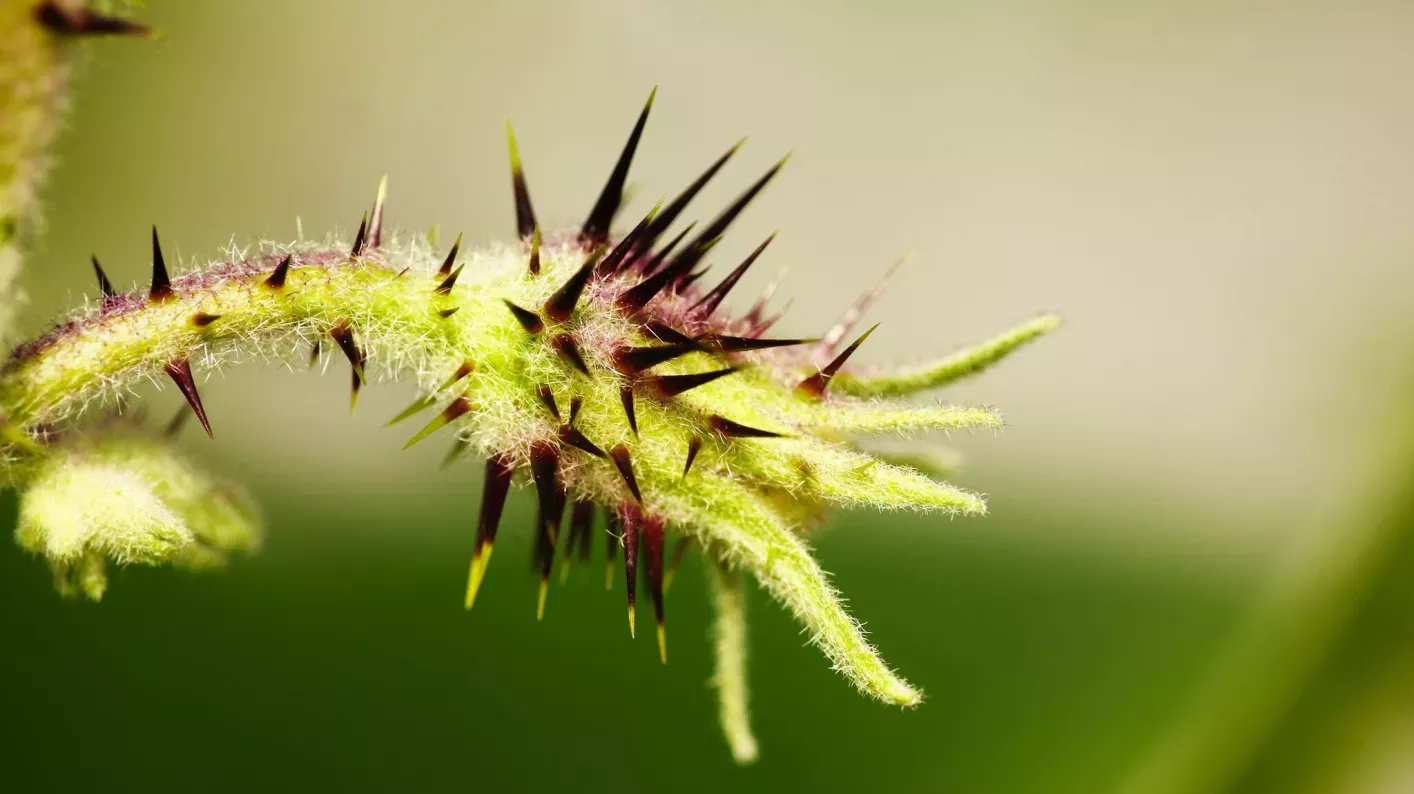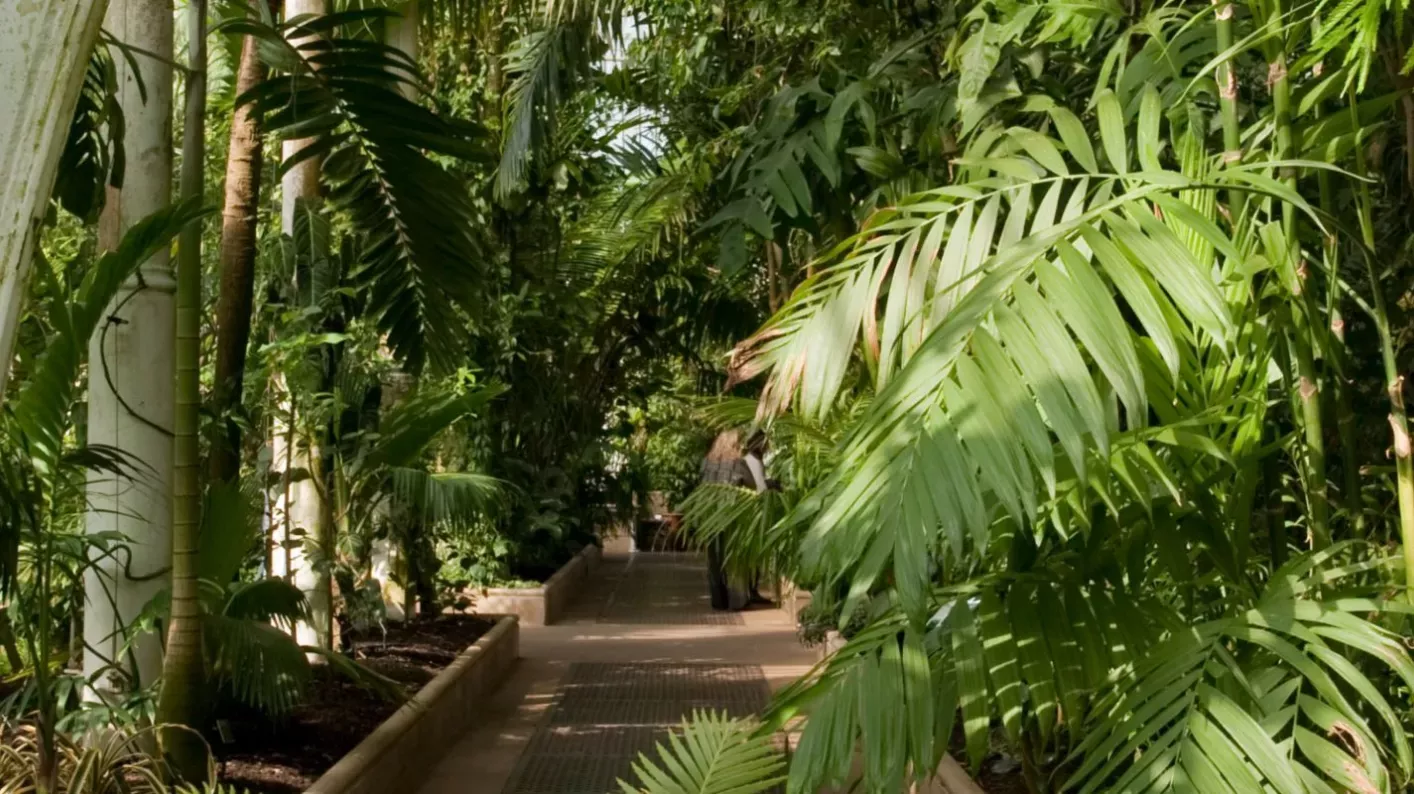
Conserving the cousins of our crops
Over 12 million seeds from 371 species in 25 countries have been collected to help adapt agriculture to climate change.
Crop cousins
Adapting agriculture to climate change is one of the most urgent challenges of our time. Rising temperatures, changes in rainfall, erratic weather patterns and the prevalence of pests and diseases resulting from climate change threaten agricultural productivity and therefore undermine global food security. This, coupled with the pressures of human population increase, will mean that the demand for food will be greater than ever.
Since the dawn of agriculture, over 10,000 years ago, humans have been selectively breeding plants based on characteristics such as taste, high yield, resistance to disease, growing conditions and easy harvesting. Even though there are around 7,000 species of food crops globally, just 12 of these account for approximately 80% of global consumption. While the domestication of plants has allowed human population growth, the subsequent loss of genetic diversity has left the crops vulnerable to pests, diseases and changing environmental conditions. Genetic diversity is the key to resilience against such threats and the best source of genetic variation can be found in the wild relatives of crop species.
The Millennium Seed Bank (MSB) in collaboration with the Crop Trust is engaged in a project called ‘Adapting Agriculture to Climate Change’. The main objective is to collect, protect and prepare the wild relatives of the world’s most important food crops, in a form that plant breeders can readily use to produce varieties adapted to the future climatic conditions that farmers in the developing world will soon be encountering.
The project focuses on the wild relatives of 29 crops which are of major importance to food security, covered by Annex 1 of the International Treaty of Plant Genetic Resources for Food and Agriculture. The crops are African rice, alfalfa, apple, aubergine, bambara groundnut, banana, barley, bread wheat, butter bean, carrot, chickpea, common bean, cowpea, faba bean, finger millet, grasspea, lentil, oat, pea, pearl millet, pigeon pea, plantain, potato, rice, rye, sorghum, sunflower, sweet potato and vetch.
Kew staff have been involved in the collection of crop wild relative (CWR) occurrence data, using these alongside a global gap analysis to prioritise collections. The MSB is leading on the Collecting and Conservation area of the project. This includes supporting partners through the production of National CWR Collecting Guides, providing training and holding backup collections of CWR at the MSB. Once new CWR collections arrive at the MSB they are processed, tested and banked. This new material will also be distributed to pre-breeders and available for researchers. We also work on the communications aspect of the project.
The project aims to:
Aisyah Faruk
Timothy Pearce
Michael Way
Elinor Breman
Colin P Clubbe
Government of Norway
For more information on project partners see our project website.
Castañeda-Álvarez, N.P., Khoury, C.K., Achicanoy, H.A., Bernau, V., Dempewolf, H., Eastwood, R.J., Guarino, L., Harker, R.H., Jarvis, A., Maxted, N., Müller, J.V., Ramirez-Villegas, J., Sosa, C.C., Struik, P.C., Vincent, H. & Toll, J. (2016)
Nature Plants 2: 16022
Dempewolf, H., Eastwood, R.J., Guarino, L., Khoury, C.K., Müller, J.V. & Toll, J. (2014)
Agroecology and Sustainable Food Systems 38: 369-377.
Vincent, H., Wiersema, J., Kell, S., Fielder, H., Dobbie, S., Castañeda-Álvarez, N. P., Guarino, L., Eastwood, R., Leόn, B. & Maxted, N. (2013)
Biological Conservation 167: 265-275

Over 12 million seeds from 371 species in 25 countries have been collected to help adapt agriculture to climate change.
Crop cousins
Collecting seeds of crop wild relative species is not as easy as it seems. Discover the journey of wild rice seeds from Nepal to the Millennium Seed Bank.
Read more
The humble aubergine might not be up to a fight against disease, pests or changing temperatures. Kew's scientists are trying to fix that.
Mad apple
Danielle Haddad and Ruth Harker report on the results of the global gap analysis paper 'Global Conservation Priorities for Crop Wild Relatives', published in Nature Plants on 21 March 2016.
Gaps in collectionsBeyond the Gardens: The Crop Wild Relatives Project
Crop Wild Relatives with Ruth Eastwood of Kew Garden's Millennium Seed Bank
Using the Herbarium Collections to produce Seed Collecting Guides
Crop Wild Relatives: Collecting and Capacity Building
Crop Wild Relatives: The Diversity of Wild Apples
Seed collecting is not easy: A crop wild relatives video-interview
International Treaty on Plant Genetic Resources for Food and Agriculture